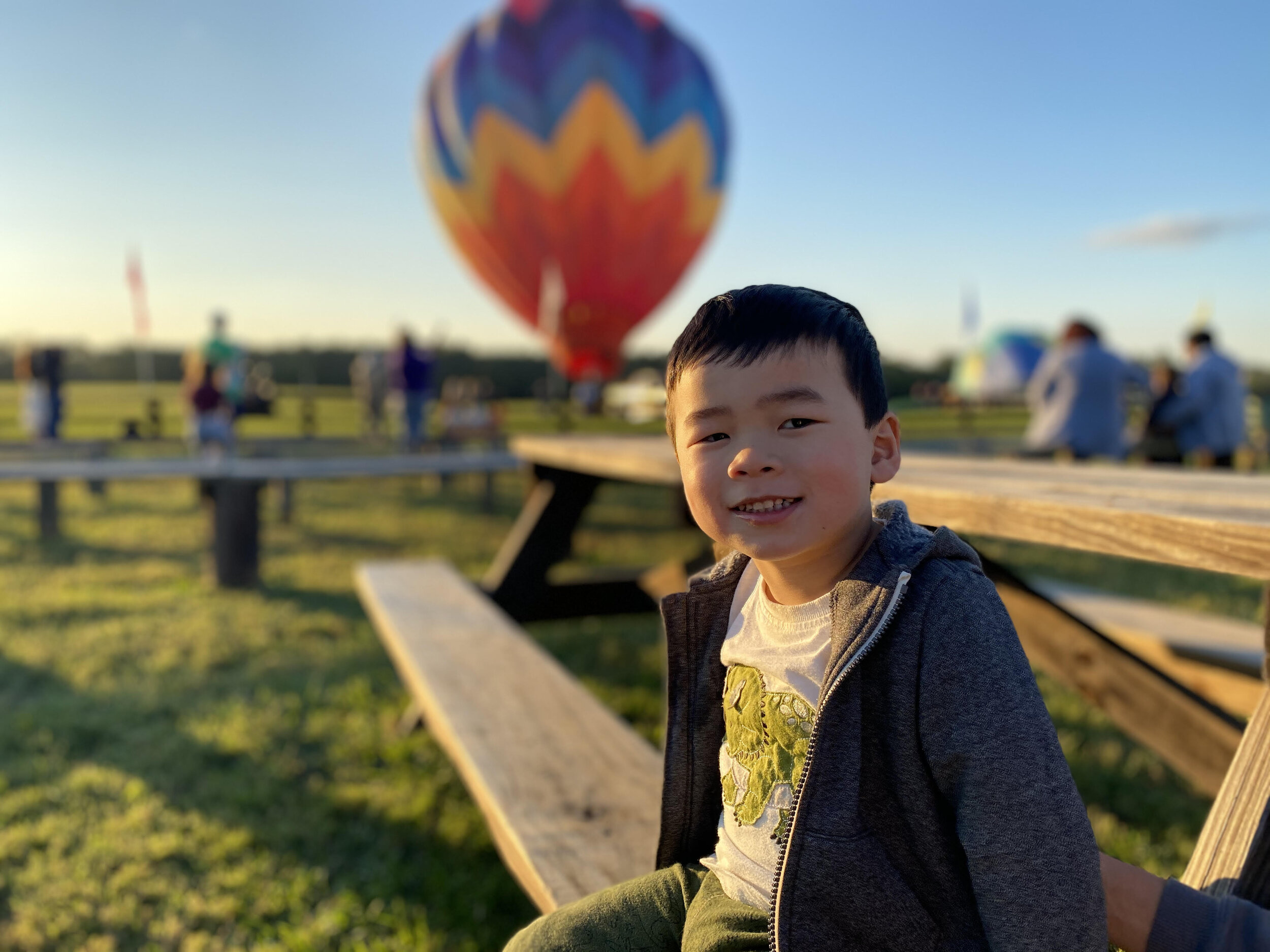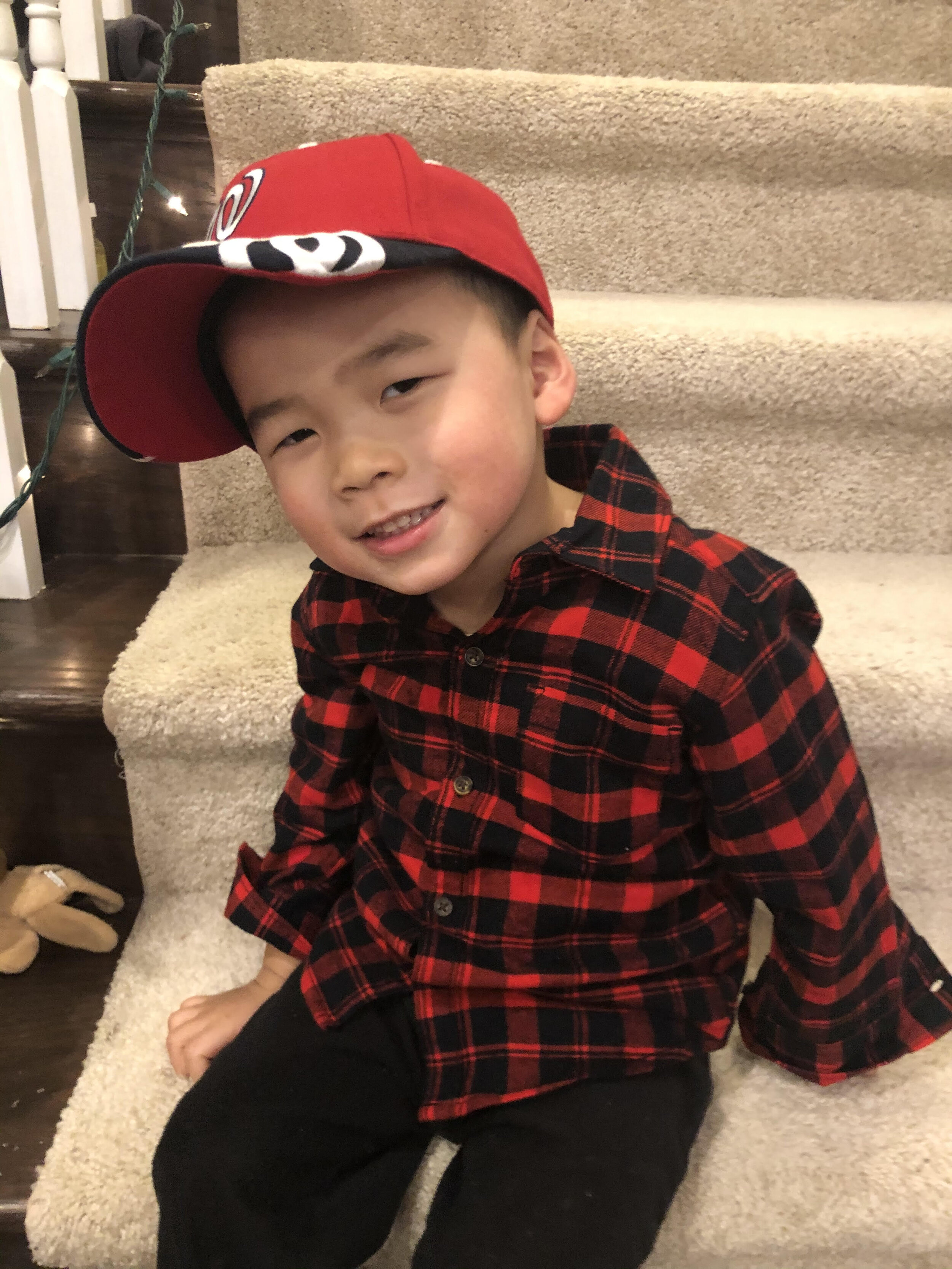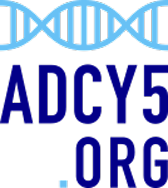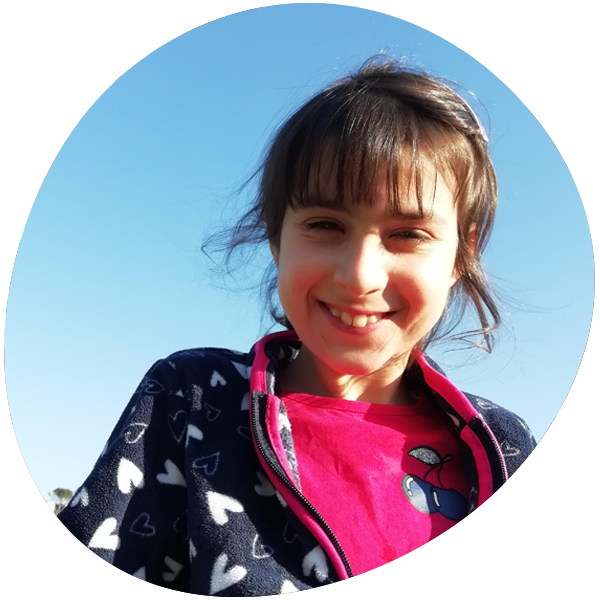Community
Enzo’s Story
Hi! Can you start by sharing a little about yourself and your family?
We have two children, a 6 year old girl, and a boy named Enzo who just turned 4. From early on, Enzo has always wanted to do what his big sister does, and even with physical challenges, has continued to copy everything she and his older cousins do. One of the funniest and most memorable moments occurred when he was 2 years old. Electronic dance music was playing and Enzo began to laugh and swing his upper body and arms, with hands in closed fists. He was not standing or walking at that time, but continued to swing his arms from side to side, kneeling on the floor. I wondered what he was doing and why he was laughing so much, and it hit me: he was doing the floss dance!
Can you tell us about the first symptoms you noticed? When did you first realize there might be something different or unusual?
A pediatrician filling in for our kids’ regular doctor noticed Enzo was not sitting up independently at 9 months during his routine evaluation. He referred us to a pediatric neurologist, who diagnosed Enzo with developmental delays and low-muscle tone or hypotonia. His pediatric neurologist requested a Magnetic Resonance Imaging (MRI) of his brain and spine to be done at Children’s National Medical Center in Washington, D.C. We were nervous and scared for Enzo, because at 1 year old he had to undergo general anesthesia. It was at 2 years old that he started to have spasm attacks that impacted his sleep as well as his daily activities. At times it was so bad that he would just lay there and not want to move until it subsided. We were shocked and didn’t know what to do. We insisted on getting another exam, and reached out to a different neurologist at Children's National DC, Dr. Laura Tochen. We had another MRI done of the head and spine, but there still were no results as to what was causing the spasms and low tone.




What was your journey to getting a diagnosis? What specialists or testing did you go through, and how long did it take to get the result?
After the second MRI, Dr Tochen recommended we take a WES genetic test. That’s when we discovered he had ADCY5 c. 1252C>T (p.R418T). Neither one of us, his parents, have any variation or genetic issues related to the ADCY5 gene.
“Many current situations brought on by the condition can be difficult to deal with, but the joy we see in Enzo’s laughs and smiles and the progress he makes everyday makes it much better.”
Describe how you live with ADCY5‐related movement disorder (ADCY5‐RMD) day-to-day: how is your routine similar or different to others? What are some ‘wins’ and ‘lows’ right now?
Many current situations brought on by the condition can be difficult to deal with, but the joy we see in Enzo’s laughs and smiles and the progress he makes everyday makes it much better. Every morning Enzo wakes up early and gets us up to grab him breakfast. A babysitter comes to help us throughout the day, and Tuesday through Friday he has online classes provided by the county. Enzo also has speech therapy on Fridays, where he has been excelling as he is now able to let us know what he wants. He can get frustrated at times and yells, but we insist that he tells us what he wants. Throughout the day he plays with his toy trains and cars on a train table, and stumbles around the house going from one room to another. Only recently has he been walking more, anywhere from 30 seconds to a minute, and even more on good days. We’ve noticed that when he gets sick or constipated he has more spasms. He’s been taking melatonin to help him sleep, and clonazepam to reduce the spasms throughout the night as needed. He takes liquid caffeine in the morning to start his day and sometimes just coffee — he does love Starbucks.
Right now, our biggest need/worry is that he be able to start walking more consistently without falling. He uses a gait trainer when he is outside, but is limited to where he can go and how much he can control it. Some of his biggest wins are that he is walking on his own and talking a lot more than before: his vocabulary is expanding and he understands what we ask from him.
What are you excited about when you think of the future? How has your outlook changed (before and since the diagnosis), and what gives you hope?
We hope that Covid can go away so that he can go back to his PT/OT. We hope that he’ll start to walk on a more consistent basis, and talk more too. We hope that a cure is found to help him and all those like him. We have accepted that he is different and try not to baby him and make sure he can do things on his own without too much assistance. He is a strong and resilient little boy and very determined to get better and play to the best of his abilities. We find hope in the fact that there are others like him, and that ADCY5.org is established and making great strides.
More Patient Stories
Ginevra
Ginevra is only 8 years old, but mentally she is definitely more mature — I imagine this happens to children who immediately have to deal with diseases and hospitals…
Anna
Our lovely twins Anna & Maria were born 3 weeks early in 2016. We live in a town in Germany where both of us grew up, and where the rest of our family…
Newly Diagnosed?
The most important thing our rare ADCY5‐related movement disorder (ADCY5‐RMD) community needs to do is come together to build knowledge and collect information.




